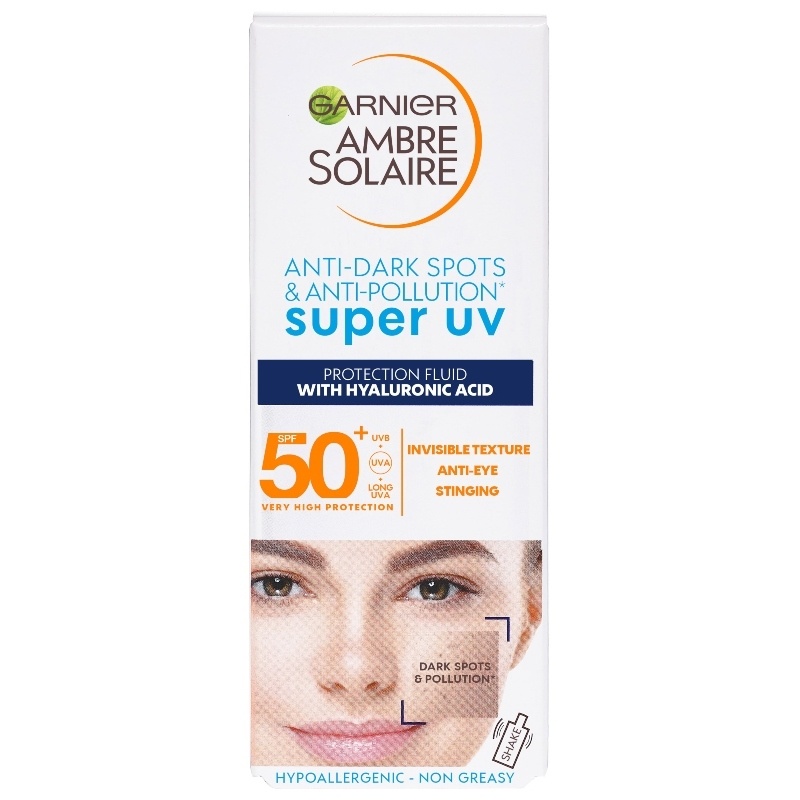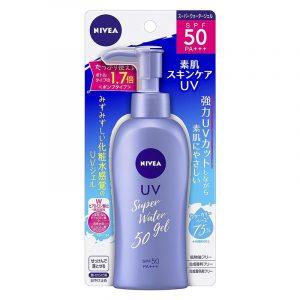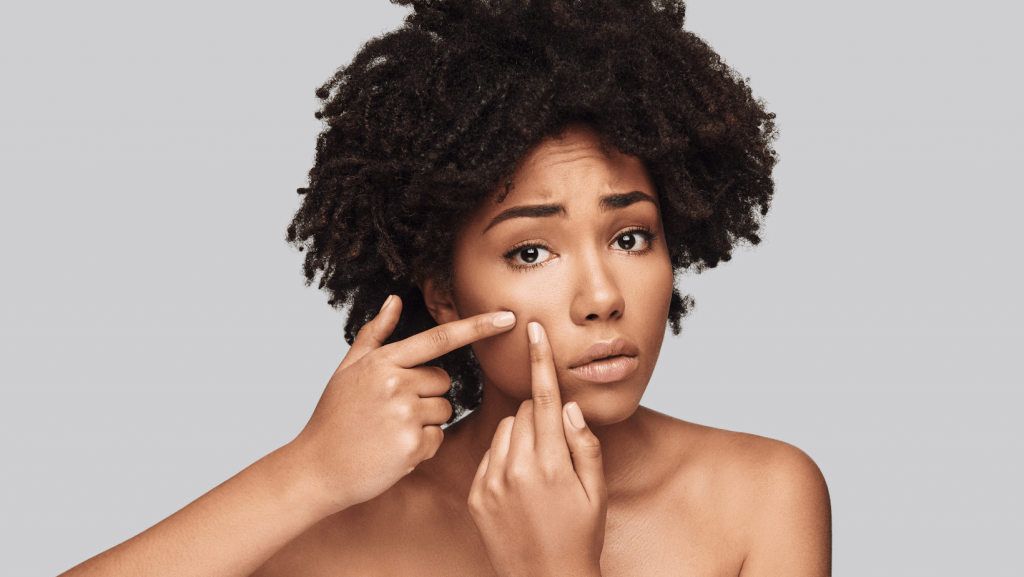
Fungal acne, also known as pityrosporum folliculitis, is a common skin condition that can cause small, itchy bumps on the skin. Unlike traditional acne caused by bacteria, fungal acne is triggered by an overgrowth of yeast on the skin. Understanding the causes, symptoms, and treatment options for fungal acne is crucial for effective management and clear, healthy skin.
What Causes Fungal Acne?
Fungal acne occurs when a type of yeast called Malassezia grows excessively on the skin. This yeast is naturally present on the skin, but certain factors can lead to its overgrowth, including:
- Humid environments
- Excessive sweating
- Tight clothing
- Use of occlusive skincare products
- Weakened immune system
Symptoms of Fungal Acne
The symptoms of fungal acne can vary often include:
- Small, uniform bumps on the skin
- Itchiness or irritation
- Redness and inflammation
- Breakouts that worsen with heat and humidity
How to Treat Fungal Acne
1. Cleanse
Remember to patch-test any new cleansers before incorporating them into your skincare routine, especially if you have sensitive or reactive skin. Cleansing helps remove dirt, oil, and impurities without stripping your skin or causing irritation.

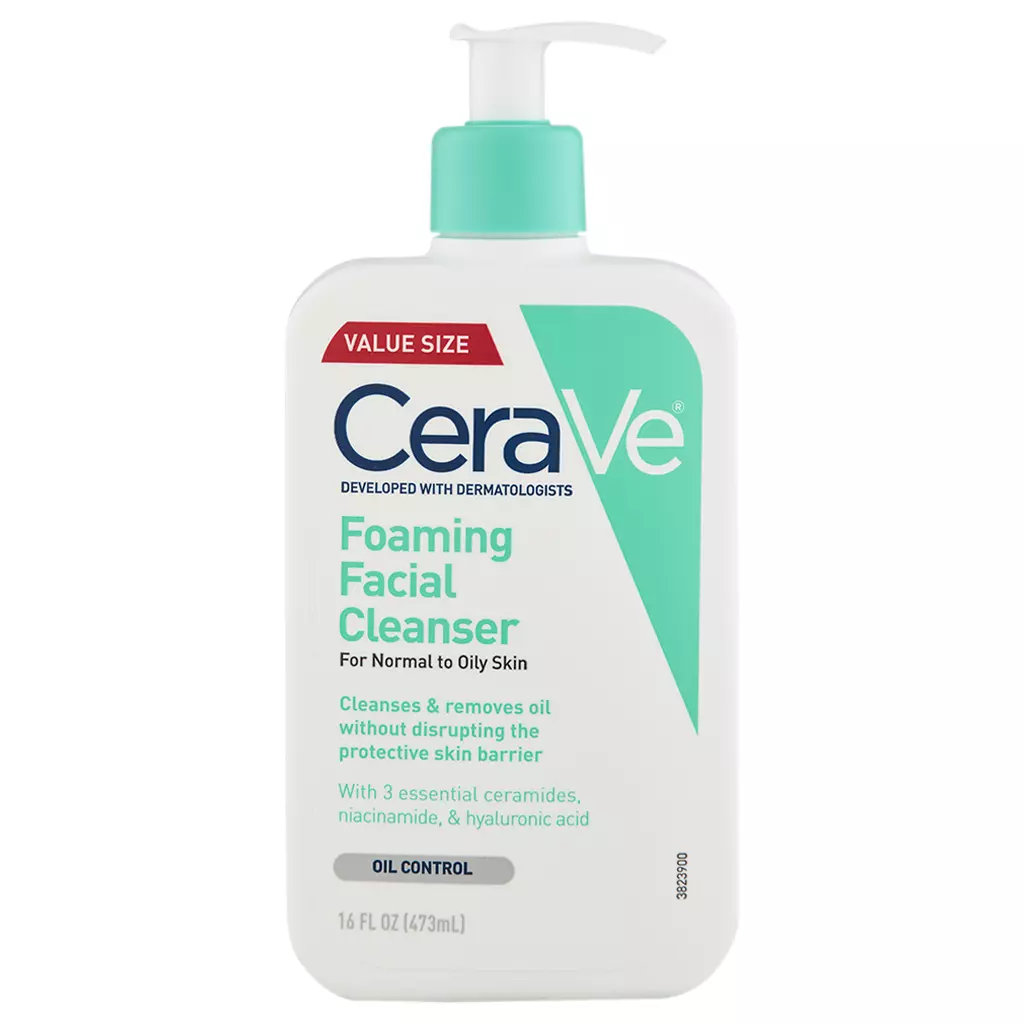
2. Moisturize
Keeping your skin hydrated is crucial, even if you have acne. A lightweight, non-comedogenic moisturizer helps maintain your skin’s moisture barrier without clogging pores or aggravating fungal acne. Look for oil-free or non-comedogenic formulas.
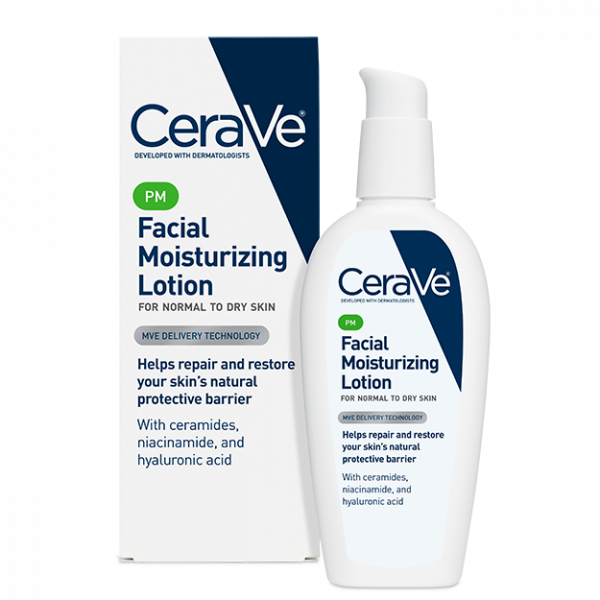
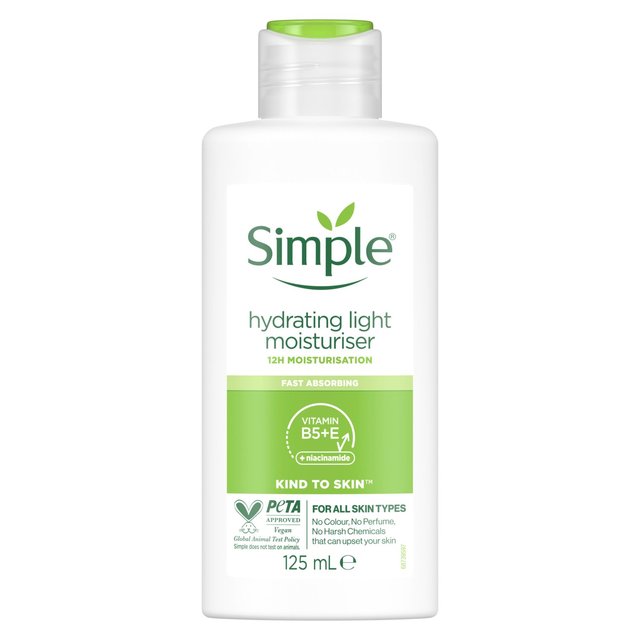
3. Sunscreen
Sunscreen protects your skin from harmful UV rays, which can worsen acne and lead to skin damage. Opt for an oil-free, non-comedogenic formula to avoid clogging pores.
Crafting an effective skincare routine for fungal acne involves choosing products that provide the necessary hydration and protection without aggravating the condition. Incorporating these skincare heroes into your daily regimen can contribute to a healthier complexion. Remember to introduce new products gradually and monitor your skin’s response.
Investing in a fungal acne-friendly routine not only addresses current concerns but also promotes long-term skin health. Embrace this skincare journey, and say goodbye to fungal acne woes!

